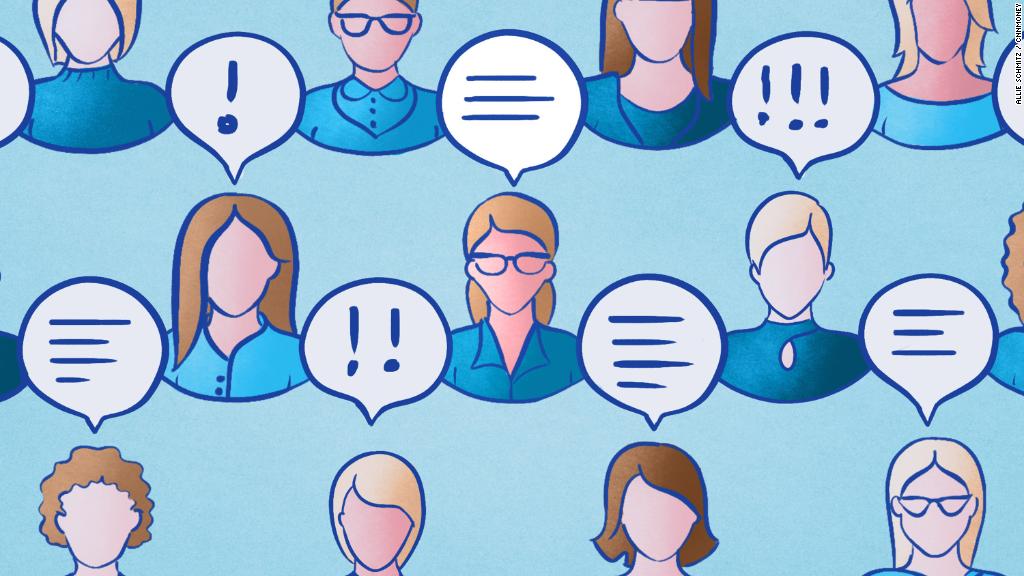
In the wake of a national reckoning on sexual harassment, employers are re-examining their training policies with a critical eye.
Studies emphasizes the importance of hiring diverse teams -- they're safer environments for women and minorities, but they also benefit a company's bottom line.
Yet diversity and sensitivity trainings have been criticized as perfunctory, corny or even boring. Sexual harassment training is often considered just another box to check at orientation.
But some men's reactions aren't so blasé -- some leave these mandatory trainings feeling blamed, isolated or angered.
"A lot of men just feel wrongly accused or on-the-spot," says Mitch Keil, founder of Dignity Awareness, a sexual harassment training workshop. "I think underneath that, they all feel helpless to deal with this in any kind of way, so a lot of men shut down or turn it into a joke, and just feel threatened in these workshops."
Related: How men can help women fight sexual harassment
According to research from Frank Dobbin, professor of sociology at Harvard, training can fail if it relies too much on legalese or paints attendees as the "bad guys."
"When you interview people who have gone through regular diversity training -- white men who are making most of the hiring decisions because they occupy most management jobs -- they often come away angry, feeling like they've been blamed for something that isn't their fault, very defensive about being sexist and racist,'" Dobbin says.
Traditional strategies often backfire: like when trainings emphasize the legal penalties a company could face in cases of bad behavior.
"I think men don't know what to do," Keil says. "They want to make changes, they want to help, they want to be a part of this -- but they're just not sure how. And the fear kind of keeps them silent."
Training that instead cast attendees in a positive light, showing them the things they can do to prevent harassment, is often more effective, Dobbin says.
Related: Why most sexual harassment training videos don't work
This is where we see more focus on bystander intervention, a kind of training that focuses on empowering employees to stop bad behavior when they witness it. People report leaving these kinds of trainings with a sense of positivity, Dobbin says. They feel that instead of being the problem causing harm at work, they're instead "breaking the cycle."
Better training should also include education, according to Joanne Lipman author of "That's What She Said," a book about men and women in the workplace. Without a conversation that involves both women and men, she says, male employees won't have the education necessary to recognize what discrimination and harassment look like to female employees.
"There are all these things that are invisible to men, and if we make them visible and make them aware of them, I think there's a lot of men who would like to try and help close the gap," she says. "The vast majority of men are not sexual predators."
Tell us about the conversations you've had about sexual harassment. Share your response here and your response could be featured in an upcoming story on CNNMoney.
